Publications
INSCHOOL Publications
Mapping Study on School Segregation of Roma Communities: Trends and Pathways Towards Educational Inclusion
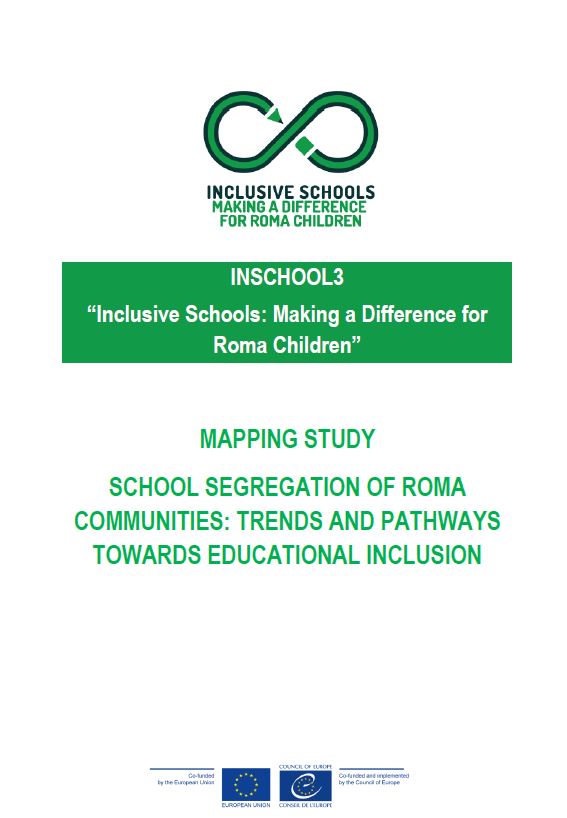
The study starts with elaboration of the consequences of school segregation and provides an overview of historical landscape of the issue in Europe, including the current trends, making evident the lack of progress in Europe in the recent years. Next, legal analysis takes stock of the relevant international standards related to non-discrimination and segregation in education, including the relevant European Court of Human Rights and selected national courts jurisprudence, as well as the European Union framework. The chapter points to positive obligations of States and public authorities while presenting lessons learned and difficulties of regulating segregation. The study follows with the analysis of the types of segregation and provides tools on detection by school inspections, national human rights institutions, and equality bodies. Difficulties of identifying ethnic Roma students and tools based on self-identification, third party identification and the use of proxies are presented, while making the reader cautious about the risks associated with different types of data collection and providing a selection of commendable practices in organising and conducting investigations into segregation. The study also looks at the array of policies that governments can leverage to combat school segregation, while recognising the multifaceted nature of this challenge and the need for tailored strategies to address the issue effectively, including through compensatory policies. Finally, the study offers comprehensive protocol for Roma school desegregation, designed to guide policy makers at all levels. It places focus on showcasing promising practices and relevant literatures available for policy makers to support effective policy making on desegregation.
Feasibility Study on a School Desegregation Intervention in the Slovak Republic (2024)

Other publications
Barabaripen
Young Roma speak about multiple discrimination (2014)
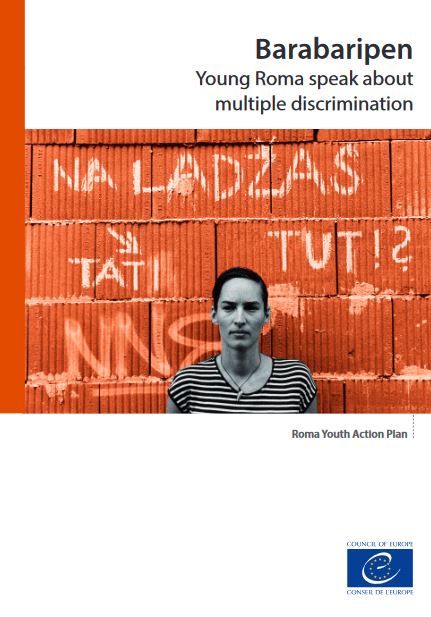
Bookmarks
A manual for combating hate speech online through human rights education (2016)
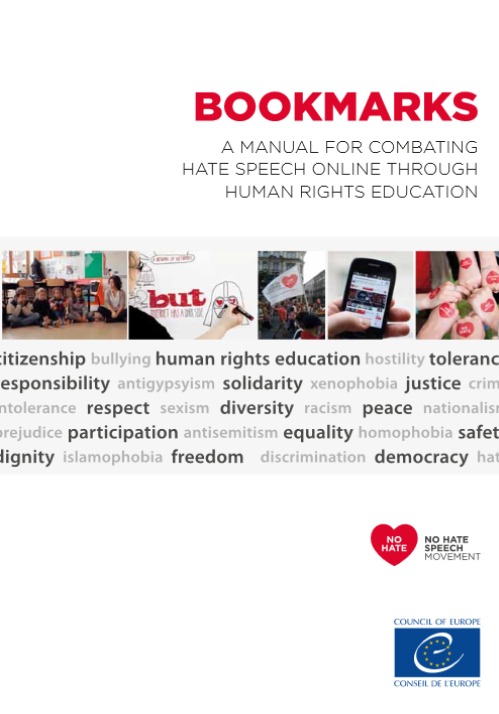
Bookmarks is published to support the No Hate Speech Movement youth campaign of the Council of Europe for human rights online. It is useful for educators wanting to address hate speech online, both inside and outside the formal education system, as it gathers activities designed for young people aged 13 to 18; however, they are adaptable to other age ranges.
For other languages, please click here
We CAN!
Taking action against Hate Speech through Counter and Alternative Narratives
Th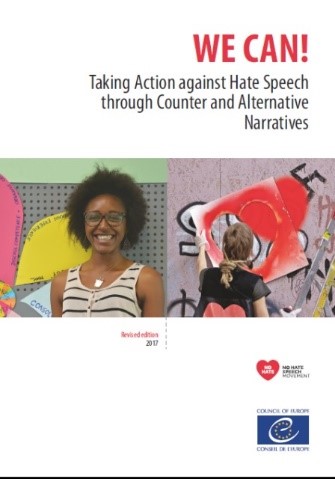
It is designed for working with young people from the age of 13. Based on the principles of human rights education and youth participation, We CAN! complements the manual Bookmarks.
Compass
A manual on Human Rights Education with Young People (2015)

Compasito
Manual on human rights education for children (2008)
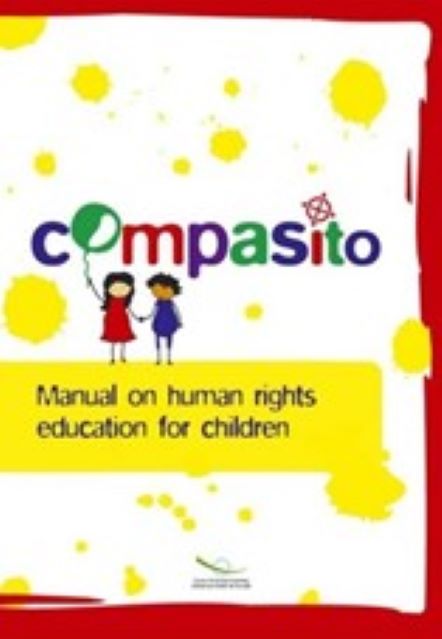
Mirrors
Manual on combating antigypsyism through human rights education (2015)
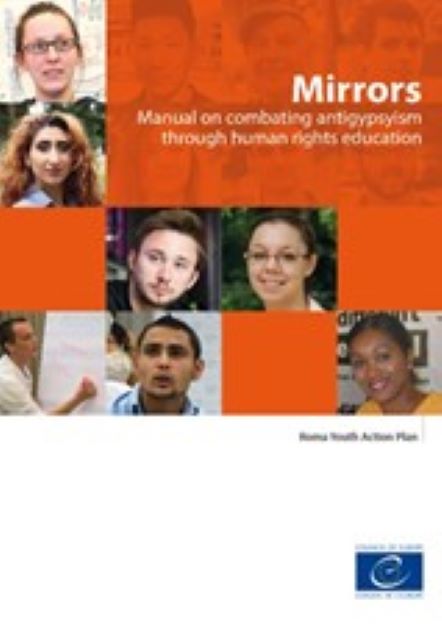
Manual for facilitators in non-formal education (2009)
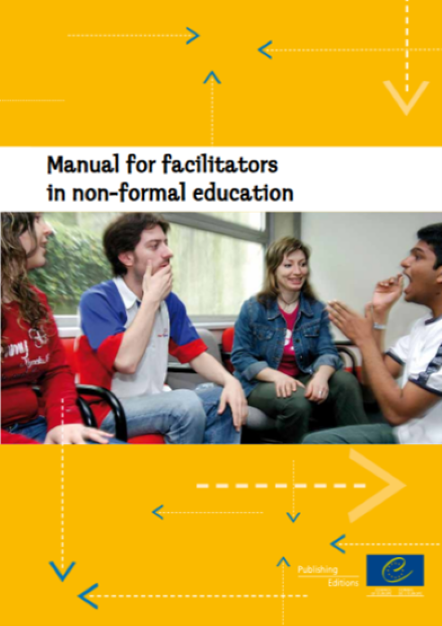
Guide for the development and implementation of curricula for plurilingual and intercultural education (2016)
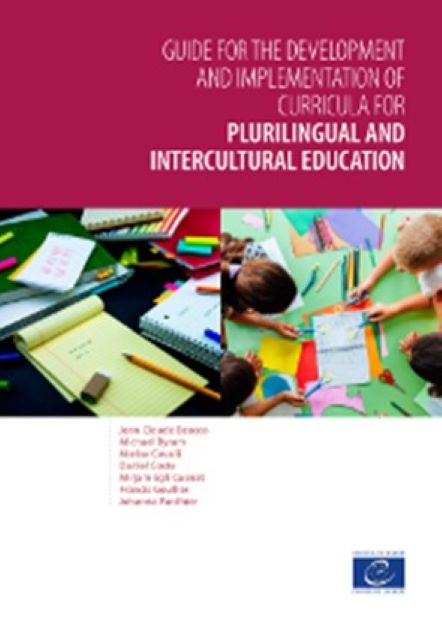
and intercultural education in the teaching of all languages – foreign, regional or minority, classical, and
language(s) of schooling.
Gender Matters
A manual on addressing gender-based violence affecting young people
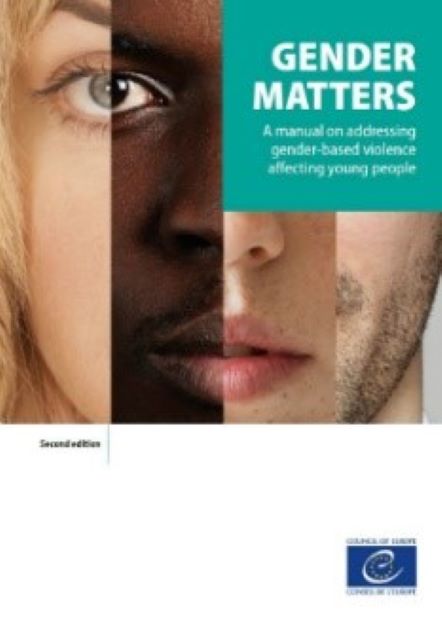
Open your mind - go beyond prejudice!
In cooperation with the Children’s Rights Division, the Roma and Travellers Team of the Council of Europe reached out to children to develop child-friendly material through a child consultation process, as part of the Dosta! Campaign “Enough! Go beyond prejudice – meet the Roma”, which aims to raise awareness of prejudices and stereotypes and break them down, bringing non-Roma and Roma closer. More information can be found on The Dosta! campaign 2006-2019 website.
